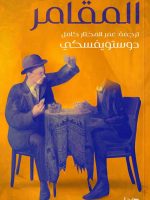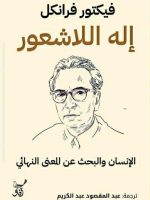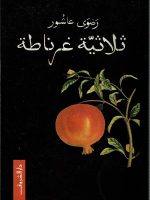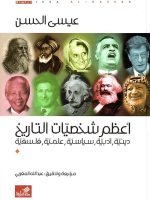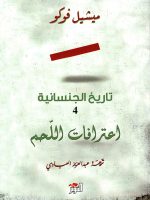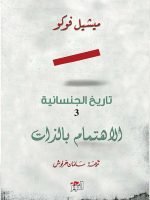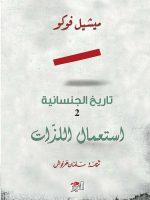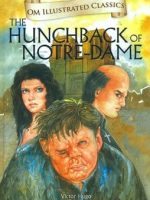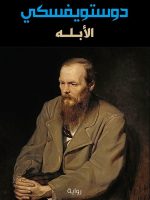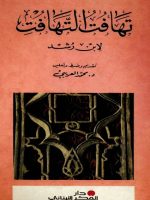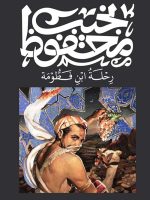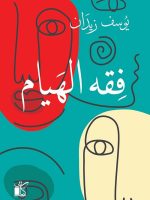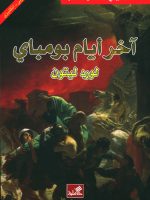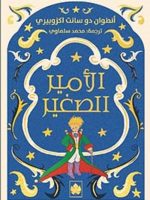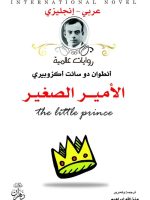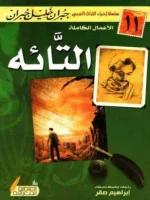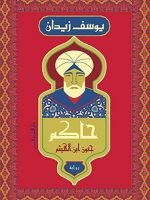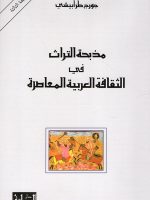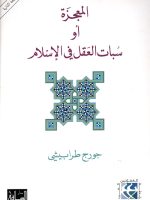-
The Gambler
د.ا4.97The novel reviews the story of a man immersed in gambling, and his suffering in an attempt to search for his identity in a world of temptations and dangers.
د.ا7.10 -
The God of the Unconscious Man and His Search for Ultimate Meaning
د.ا6.00This book explores Viktor Frankl’s vision of logotherapy as a means of understanding life and confronting human suffering.
د.ا6.50 -
The Granada Trilogy
د.ا11.60It is a historical epic that documents the fall of Andalusia through a painful human narrative that reflects the suffering of Arabs and Muslims after the fall of Granada.
-
The Greatest Figures in History Religious Literary Political Scientific and Philosophical
د.ا10.50The book reviews the biographies of the greatest figures who have influenced the fields of religion, literature, politics, science, and philosophy throughout history.
د.ا11.00 -
The History of Sexuality Part Four Confessions of Flesh
د.ا10.00In this book, Foucault analyzes the mechanisms of constructing sexuality throughout history, focusing on the relationship between power and sexuality.
د.ا10.50 -
The History of Sexuality Part Three Concern for the Self
د.ا7.00The third part of the book examines how the concepts of self-care and self-care have evolved in cultural and social contexts throughout the ages.
د.ا7.50 -
The History of Sexuality Part Two The Use of Pleasure
د.ا7.00The book examines the evolution of the concept of sexuality through its relationship to power, knowledge, and the individual’s use of self.
د.ا7.50 -
The Incoherence of the Incoherence
د.ا6.50It is a philosophical book in which Ibn Rushd responds to Al-Ghazali’s The Incoherence of the Philosophers, highlighting the compatibility between philosophy and the Islamic religion.
د.ا7.00 -
The Journey of Ibn Fatouma
د.ا6.00A symbolic novel that explores a philosophical quest for the ideal city, reflecting reflections on civilizations, humanity, and values.
-
The Jurisprudence of Infatuation
د.ا5.00This book presents philosophical and spiritual reflections on the concept of love, tracing its roots in Sufism and human thought.
-
The Last Days of Pompeii
د.ا5.00A dramatic historical novel that narrates the last days of the ancient city of Pompeii amidst the struggles of humanity and destiny during a time of collapse.
Arabic/English -
The lost
د.ا2.13Gibran’s literary style was characterized by smooth words, simplicity of expression, the use of all linguistic formulas and styles, and the frequent use of metaphors and figures of speech. Perhaps the most important feature of Gibran’s literary works is creativity in the art of photography. We find many beautiful, imaginative artistic images full of deep meanings and expressions covering his literary works; because he was an artist and painter who initially depicted the idea and then created it. Gibran relied on two styles in his literary works: the first is characterized by strength and revolution against beliefs and customs and the call for freedom, and the second is characterized by the love of enjoying life and the call to follow inclinations
د.ا3.55 -
The Mad Ruler of Ibn al-Haytham
د.ا9.00A novel that blends fiction and history, it sheds light on the genius of Ibn al-Haytham and his struggle with authority and madness on his journey to knowledge and enlightenment.
-
The Massacre of Heritage in Contemporary Arab Culture
د.ا4.50A book that examines George Tarabishi’s critique of how modern Arab culture deals with its intellectual and religious heritage.
د.ا5.00 -
The Miracle or the Sleep of Reason in Islam
د.ا6.50This book discusses the impact of belief in miracles on the paralysis of critical reason in Islamic culture.
د.ا7.00
